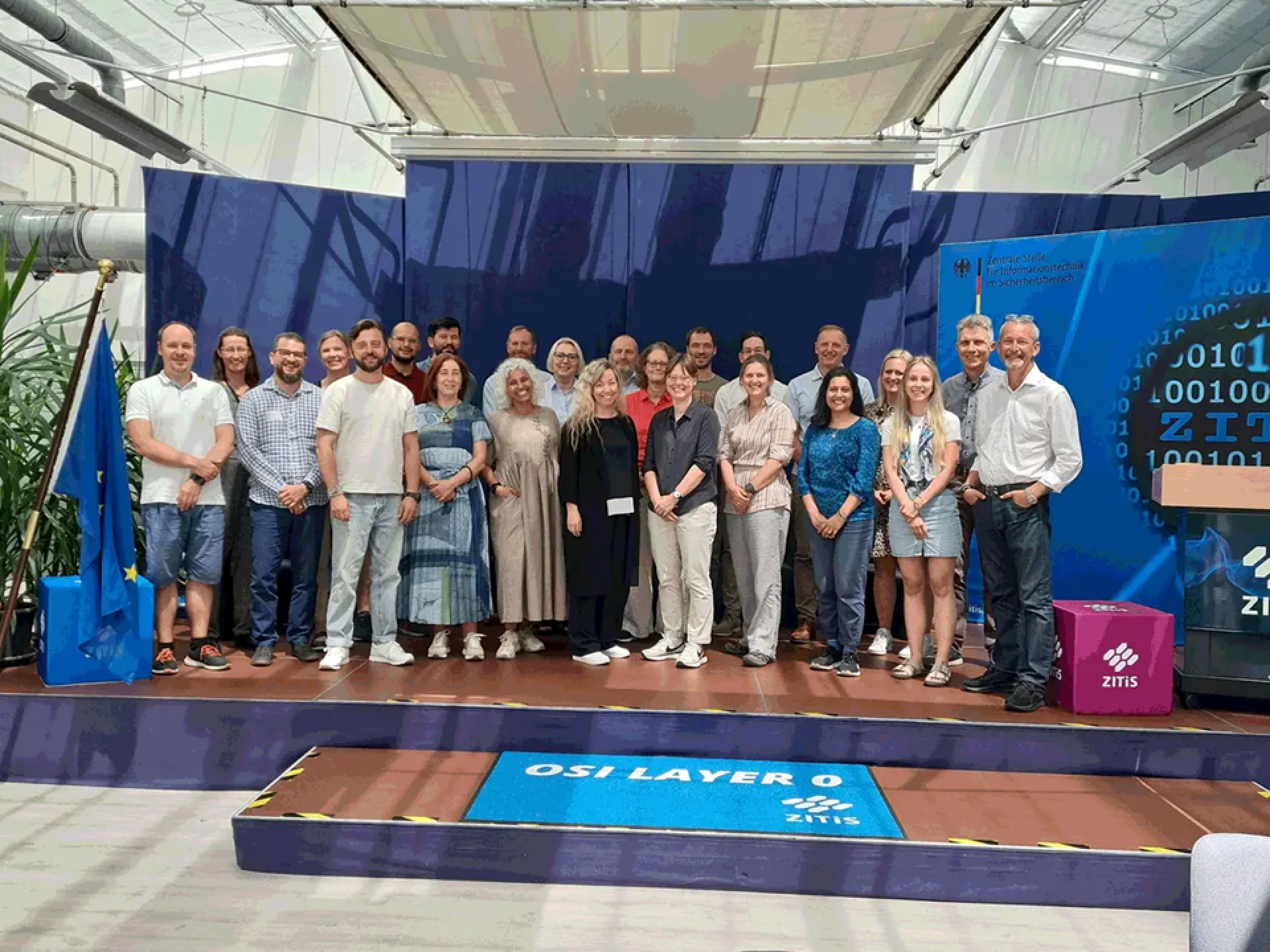17th December 2025
Publications for June 2025
Titles and abstracts from recently published research that related to Forensic science. All are openly available online should you want further information.
Boosting Police Productivity with AI? An Assessment of Productivity and Efficiency Gains in Report Writing by Erik Alda and Felipe Salazar Tobar
ABSTRACT: Report writing constitutes a critical yet time-intensive task in law enforcement, prompting the adoption of artificial intelligence (AI) tools to improve productivity. While such technologies are often promoted as solutions to administrative inefficiencies, their real-world impact in policing remains underexplored. This study examines the effect of AI-assisted report writing on officer productivity and efficiency using data from a randomized experiment in the Manchester Police Department (NH). The results suggest that AI may enhance productivity and efficiency through standardization; however, it may not yield statistically significant improvements over existing manual practices. These findings suggest that the anticipated benefits of AI in police report writing may be overstated, underscoring the importance of rigorous empirical analyses when integrating technology in policing activity.
The Effect of Multiple Climates on Readiness For Change Within the Norwegian Police Service by Trond Myklebust, Marius Duhovic Hafstad, Cato Bjørkli, Knut Inge Fostervold, Roald Bjørklund
ABSTRACT: Individual readiness for change is considered important for organisations to reach their intended goals. However, less is known about the climate-based antecedents affecting individual readiness for change. The purpose of the study was to examine the relationship between multiple organisational climates and individual readiness for change, using bandwidth-fidelity theory as a framework. More specifically, this study examines the relationship among a molar human relations climate, facet-specific learning climate and individual readiness for change. The human relations climate in this study was defined by Quinn and Rohrbaugh's Competing Values Framework, while learning climate was grounded in the learning organisation paradigm and measured by a modified General Training Climate Scale. A self-report survey was distributed and collected from employees in the Norwegian Police Service (N = 622). The data were analysed using a two-step analytical approach to structural equation modelling. The fit of the measurement models was first evaluated and then the relationships between the constructs were assessed. In both steps, the fit was non-satisfactory and modifications to the measurement and the structural model had to be made. The results revealed that a fully mediated model was preferable and suggests that the relationship between a molar human relations climate is mediated by a facet-specific learning climate. The findings contribute to a more holistic understanding of the effect of climate-based factors on individual readiness for change. Furthermore, the findings contribute to practical implications as it becomes evident that organisations can build organisational capacity for change by implementing a molar human relations climate as a foundation for facet-specific learning climate.
Why Innovations in Policing Don’t Work Or Don’t Translate: An Implementation Science Survey of Us Police Leaders by Brandon Del Pozo, Rose E. Nevill, Javier Cepeda, Ian T. Adams, Alina Whiteside, Erin Thompson
ABSTRACT: This study examined organizational and community-level barriers and facilitators that influence innovation in policing using an implementation science framework. A body of 31 survey items operationalized for implementation in police settings were mapped onto the constructs of the Consolidated Framework for Implementation Research. The resulting instrument was administered to 72 police leaders and researchers. Respondents agreed implementation bore heavily on an innovation’s prospects for success independent of its effectiveness. There was agreement that innovations in policing were often more complex than the actions they replaced, not integrated into officers’ performance evaluations, and were likely to be mistrusted if they originated from external sources. Officers were unlikely to understand an innovation’s comparative value, and likely to seek their own preferred outcomes regardless. Responses illustrate how effective policing practices could nonetheless be deemed infeasible, providing insights into why many of the innovations that seek to improve policing are met with limited success.

